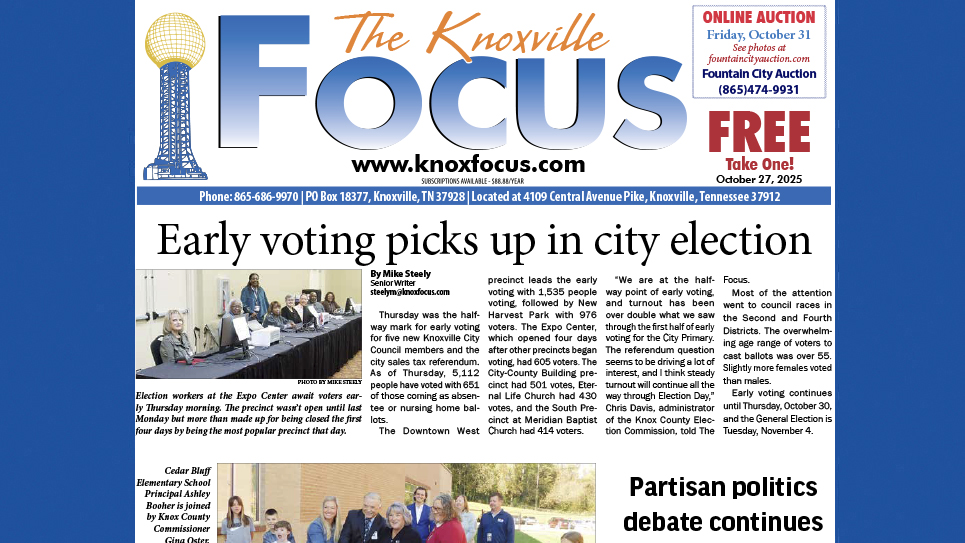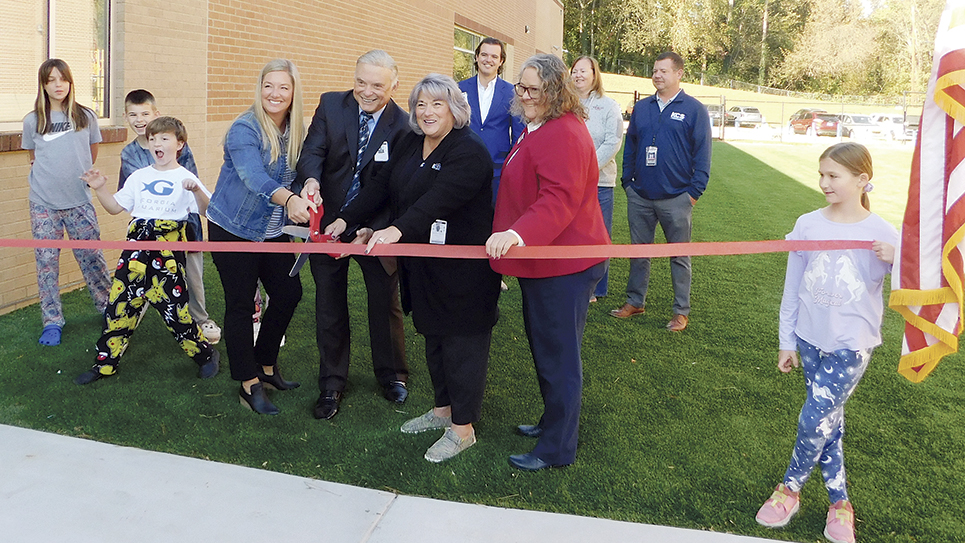By John J. Duncan Jr.
Many years ago, when my son John was in the fourth grade at Sunnyview Elementary School in East Knox county, I had lunch with him and some of his fellow students and was then supposed to speak to his class.
At lunch, I got two of his friends to agree to respond about how many members there were in the U.S. Senate and House when I asked the questions.
I went over the answers with each boy several times, telling them the Senate response was “100, two from each state,” and the House number was “435, nine from Tennessee.”
I could tell the teacher was surprised that the first boy responded so quickly on the Senate answer, but her mouth dropped open in shock when the second boy blurted out “435, nine from Tennessee” on the House number.
About 15 years ago, I was invited to speak to two combined political science classes at UT. There were 55 students total in those two classes.
That day, I told Bob Griffitts, my Chief of Staff, I wanted to give those students a no-pressure quiz to see how much they knew about our government.
I told them they did not have to put their names on the test papers and that this was something I was doing simply because of my own curiosity.
I came up with the easiest quiz I could and told the students they should have been able to do well on this test if they just occasionally read a newspaper or watched the news on television.
There were 20 questions. I asked the students to name the president and vice president, Tennessee’s governor and two senators, the number of members of the U.S. House and the Senate, the Tennessee House and Senate, and the U.S. Supreme Court, and one member of the Cabinet. I also asked to which country was Howard Baker our ambassador.
I thought one of only two or three tough questions was one asking them what was cloture in the U.S. Senate. However, most answered that question correctly because, unknown to me, they had studied cloture that week.
The average score out of a possible 100 was 51. I am sure that all of those young people thought of themselves as well-informed, intelligent potential voters.
I would guess that the average C-Span viewer is a little better informed than the average voter. However, I am amazed almost every time I watch the C-Span morning call-in program at the lack of knowledge of those who call with such hatred for President Trump.
I sometimes wonder if some of these callers know even as much as those political science students knew about our government or even much more than the fourth graders at Sunnyview.
In the Daily Guideposts Bible study for this past Sept. 9, Scott Walker, a professor at Mercer University, said his father, also a professor, once told him “The more I know, the less I know. But the more I know, the more I believe in a creative and loving God.”
In Proverbs, the Bible tells us not to “lean on our own understanding,” because even the smartest person in the world would have to admit his or her knowledge is only an infinitesimal spec of all the knowledge there is.
We seem to have a lot of voters today who think they know much more than they really do. It would be better if they would speak a whole lot less and read a whole lot more.






